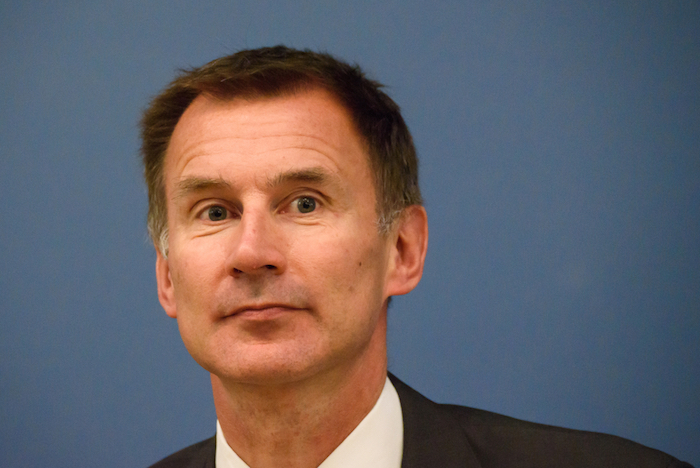
Autumn budget 2022: The government has reduced the threshold at which the 45% rate of income tax becomes payable, from £150,000 to £125,140.
Chancellor of the exchequer Jeremy Hunt made the announcement in his autumn budget statement, noting that those earning £150,000 or more would pay just over £1,200 more per year as a result of this change.
In September, then Chancellor Kwasi Kwarteng told the House of Commons in his mini budget statement that the 45% income tax rate would be replaced with a 40% rate from April 2023. Hunt then reversed this decision, along with numerous others, following his appointment after Kwarteng’s resignation.
Hunt said: “I have tried to be fair by following two broad principles: firstly, we ask those with more to contribute more, and secondly, we avoid the tax rises that most damage growth. Although my decisions today do lead to a substantial tax increase, we have not raised headline rates of taxation, and tax as a percentage of GDP will increase by just 1% over the next five years.”
Chieu Cao, CEO of financial wellbeing business Mintago, said: “After the chaos and economic fallout that occurred after the government’s last fiscal policy announcement, Jeremy Hunt’s first autumn statement as Chancellor was always going to have a significant impact on the financial wellbeing of hundreds of thousands of people across the UK. However, the measures announced today, from tax rises to spending cuts, are unlikely to induce any kind of confidence among Britons who are worried about their short and long-term financial wellbeing.”